- IDP China>
- 课程库>
- 工程与技术>
- 工程学及其相关技术>
- 航空航天工程与技术>
- Master of Engineering in Aerospace Engineering, Astronautics and Space Technology with Sandwich Year
夹心年航空航天工程,宇航和空间技术工程硕士学位
Master of Engineering in Aerospace Engineering, Astronautics and Space Technology with Sandwich Year

学历文凭
Undergraduate Masters

专业院系

开学时间

课程时长

课程学费

国际学生入学条件
A Levels to include Maths and two Science subjects (Physics, Chemistry, Biology, Further Maths). Alternatively, BTEC Extended Diploma in Engineering or related subject such as Aerospace/Aeronautical/Electrical/Electronic/Manufacturing and Mechanical Engineering will be considered (grades DDM).
Candidates are normally required to hold five GCSE subjects grades A*-C including Mathematics and English Language (or comparable numeric score under the newly reformed GCSE grading).
Academic IELTS equivalent: 6.0
TOEFL iBT: 80 (R=20, L=19, S=21, W=20)
IDP—雅思考试联合主办方

雅思考试总分
6.0
- 雅思总分:6
- 托福网考总分:80
- 托福笔试总分:160
- 其他语言考试:PTEA: 50 (R, L, S, W = 50)
CRICOS代码: H429
申请截止日期: 请与IDP联系 以获取详细信息。
课程简介
These courses are ideal if you are interested in the design, construction and operation of aircraft but would like to extend your study of aerospace engineering beyond the atmosphere and up into space. Both degrees are accredited by the Royal Aeronautical Society as leading to chartered engineer (CEng) status. Year 1 is common across all our chartered engineer status degrees. It provides skills and knowledge required for further study. Subjects include mathematics, electronics and thermodynamics and engineering applications, alongside an introduction to the engineering profession. You will examine the engineering challenges of robotic and human spaceflight (including practical rocketry), and get hands-on experience with real space hardware. Year 2 introduces topics such as aerodynamics, propulsion, structures, dynamics and materials, and further study of mathematics, electronics, control and computing. You will investigate the demands of space flight and the benefits of using the space environment, covering the definition, analysis and uses of orbits, trajectories and atmospheric re-entry. You will study the functional analysis of spacecraft and their payloads and space dynamics, and will carry out a practical design exercise involving rockets. There will also be an industrial visit and guest speakers from industry. Year 3 includes a module on space vehicle design. This is divided into critical support functions for space missions, core spacecraft subsystems, mechanical systems and an introduction to space mission design. Core lectures will be enhanced by industry visitors and tours to space companies. You will also carry out an individual research project. BEng students will take part in a group design project similar to the MEng students and get hands-on experience with real space hardware. In Year 4 of the MEng degree, you will continue to deepen and broaden your expertise and undertake a major group design project. A specialist Space Mission Analysis and Design module will cover the design, cost, logistical and operational implications of space missions.
相关申请
 预科
预科 奖学金
奖学金 实习机会
实习机会 在校学习
在校学习 跨境学习
跨境学习 校园授课-线上开始
校园授课-线上开始 在线/远程学习
在线/远程学习
开学时间&学费
学费信息仅供参考,请与IDP联系以获取详细信息
| 开学时间 | 时长 | 学费 | 地点 |
|---|
学校排名

世界排名601
数据源:
泰晤士高等教育世界大学排名
关于伦敦金斯顿大学

伦敦金斯顿大学创办于1899年,历史悠久,是一所受到全球认可的公立大学。该校下设四个学院,开设有广泛的本科和研究生学位课程,这四个学院分别是:金斯顿艺术学院;商业与社会科学学院;健康、科学、社会关怀与教育学院;以及工程、计算机和环境学院。该校迎来140多个国家的大约2.1万名学生到这里学习,拥有一个充满活力的多元化学生群体,为学生提供极好的机遇、资源和支持服务,让学生获得国际化求学体验。该校与行业伙伴共同合作设计课程,确保课程紧跟行业发展,符合现代工作场所的需求。学生毕业时将完全具备必要的技能、知识和信心,从而能够在竞争激烈的职场,尤其是在伦敦广阔而密切联系的就业市场中取得成功。金斯顿大学的学位在国际上备受推崇,学生在获得丰富多彩的求学生活以及充满活力的社交和个人体验的同时,还能获得众多职业机遇。金斯顿大学位于伦敦西南部,学生可方便地前往市中心,游览世界闻名的文化、历史和娱乐场所。伦敦一直是世界三大求学城市之一(2026年QS最佳求学城市),通往英国各地的铁路和公路交通发达,还有六个大型国际机场连通全球。
本校相关课程
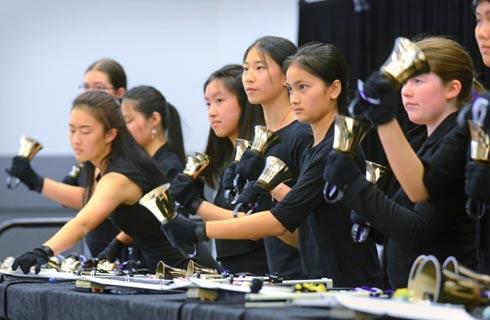
哲学硕士和当代批评理论
学历文凭
Masters Degree (Taught)
开学日期
课程费用总额

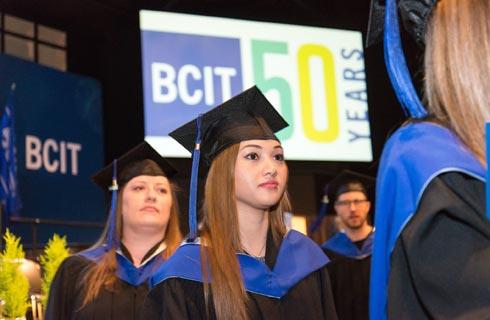
博物馆和画廊研究文学硕士
学历文凭
Masters Degree (Taught)
开学日期
课程费用总额

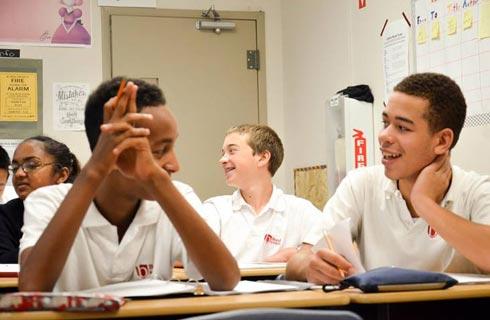
景观与城市主义文学硕士
学历文凭
Masters Degree (Taught)
开学日期
课程费用总额


用户体验设计理学硕士
学历文凭
Masters Degree (Taught)
开学日期
课程费用总额


游戏开发文学硕士-设计
学历文凭
Masters Degree (Taught)
开学日期
课程费用总额


犯罪学硕士
学历文凭
Masters Degree (Taught)
开学日期
课程费用总额

其他相关课程

航空学学士(荣誉学位)
 斯威本科技大学
斯威本科技大学泰晤士高等教育世界大学排名:282
学历文凭
Bachelor Degree with Honours
开学日期
课程费用总额

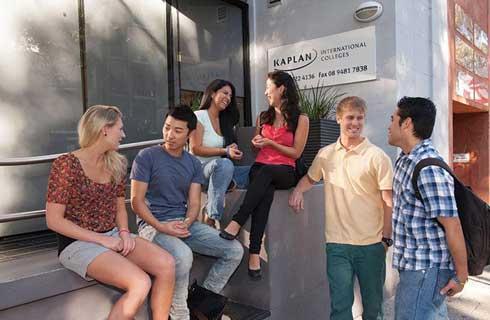
航空管理学士
 格里菲斯大学
格里菲斯大学泰晤士高等教育世界大学排名:258
学历文凭
Bachelor Degree
开学日期
02 March 2026
课程费用总额
AUD 87,000

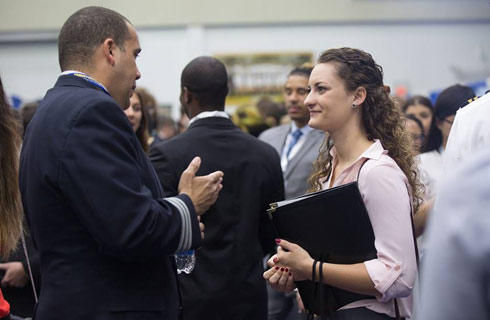
航空文凭(仪器等级)
 澳洲展翼学院
澳洲展翼学院学历文凭
Diploma
开学日期
课程费用总额


航空管理学士/会计商业学士
 斯威本科技大学
斯威本科技大学泰晤士高等教育世界大学排名:282
学历文凭
Dual Degree
开学日期
课程费用总额


工程学硕士(航空航天)
 阿德莱德大学
阿德莱德大学学历文凭
Masters Degree (Coursework)
开学日期
课程费用总额


航空管理学士
 斯威本科技大学
斯威本科技大学泰晤士高等教育世界大学排名:282
学历文凭
Bachelor Degree
开学日期
课程费用总额










 英国
英国